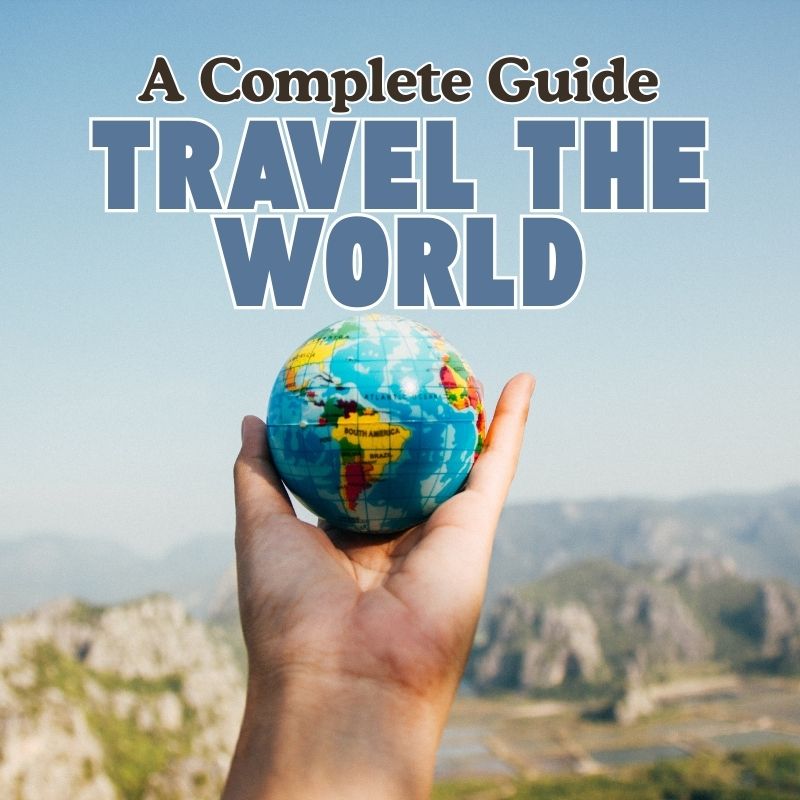
Turning Your Dream into Reality
Travel the World
Travel the world has long been considered one of life’s greatest aspirations. It is not only a way to see new places but also a profound opportunity to expand horizons, meet people from different cultures, and learn more about yourself along the way. For some, it is a short-term adventure; for others, it becomes a lifestyle. Regardless of how you approach it, traveling the world is more than a journey across borders—it is a journey within.
This guide explores the many facets of world travel. From the motivation to take the first step to the practical details of planning and sustaining your journey, you will find insights that will help you prepare, stay safe, and make the most of every experience. With thoughtful planning and the right mindset, the dream of seeing the world can become a reality.
Why Travel the World?
Personal Growth and Transformation – Travel the World
Traveling the world is more than visiting new places; it is a journey of personal growth and transformation. First and foremost, stepping outside your familiar surroundings challenges you to adapt to new environments. Whether navigating crowded streets in a foreign city or figuring out public transportation in an unfamiliar country, these experiences encourage problem-solving and resilience. As a result, you gradually become more confident in your abilities and better equipped to handle unexpected situations.
Moreover, traveling exposes you to diverse cultures, languages, and ways of life. Consequently, you start to develop a broader perspective, understanding that the world is far more complex and interconnected than it might appear from home. For instance, observing local customs and participating in daily routines fosters empathy and appreciation for differences. Similarly, interacting with people who have different values or beliefs teaches patience and open-mindedness. Over time, these experiences reshape your mindset and influence the way you perceive challenges and opportunities.
In addition, long-term travel encourages self-reflection. Away from familiar routines and social pressures, you have more time to consider your priorities, passions, and goals. As a result, many travelers report discovering new interests, reassessing career paths, or even changing life plans entirely. Furthermore, these insights are reinforced through real-life experiences rather than theoretical knowledge, making personal growth tangible and lasting.
Additionally, travel often involves overcoming fears, whether it is learning to navigate a new culture, trying unfamiliar foods, or stepping into unknown situations. Therefore, each challenge conquered builds resilience and a sense of accomplishment. Over time, you learn to embrace uncertainty and become more adaptable, resourceful, and confident in both personal and professional aspects of life.
Read also – Malt Liquor: A Cultural Sip Around the World
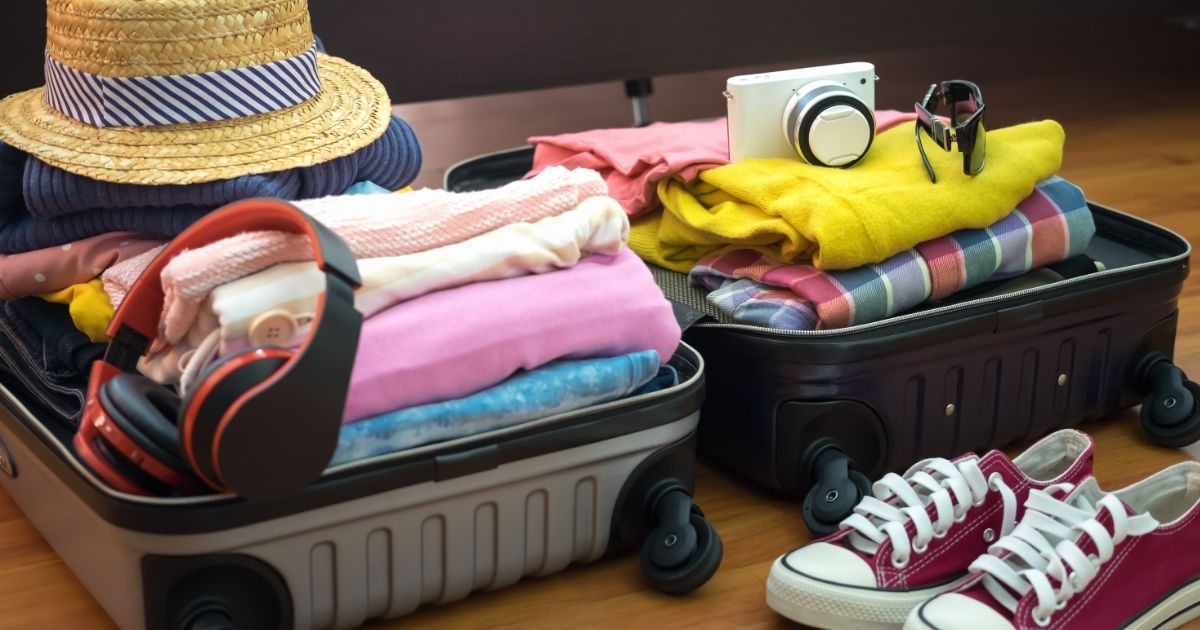
Cultural Immersion and Diversity
Experiencing different cultures is one of the most enriching aspects of traveling the world. First and foremost, cultural immersion allows travelers to move beyond surface-level sightseeing and genuinely connect with the local way of life. By observing traditions, participating in ceremonies, and engaging in daily routines, you gain a deeper understanding of the values and beliefs that shape a community. Consequently, your perspective broadens, and you begin to appreciate the richness of human diversity.
Moreover, learning a few phrases in the local language can transform interactions and open doors that would otherwise remain closed. Similarly, trying local foods, exploring traditional markets, and attending festivals helps you experience the culture firsthand rather than as a mere observer. These experiences create memories that are both personal and meaningful, giving a sense of belonging even in foreign surroundings.
In addition, cultural immersion promotes empathy and tolerance. When you live or travel alongside people with lifestyles different from your own, you begin to understand their challenges, joys, and priorities. As a result, you develop a sense of connection that transcends geographical boundaries. Furthermore, encountering different worldviews often challenges preconceived notions, encouraging you to question assumptions and adopt a more open-minded approach to life.
Traveling in diverse environments also teaches adaptability. Each region, community, or country has unique social norms, expectations, and customs. Therefore, by observing and respecting these differences, you learn to navigate unfamiliar situations with ease. Over time, this skill becomes invaluable not only while traveling but also in professional and personal contexts, enhancing communication, collaboration, and problem-solving abilities.
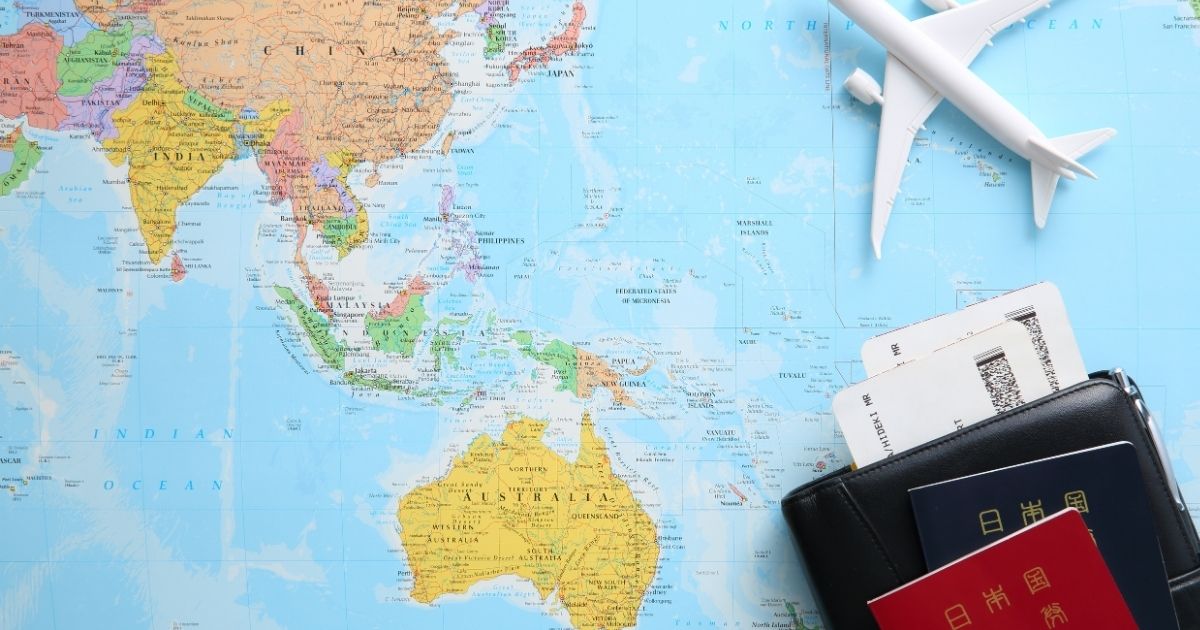
Expanding Perspectives – Travel the World
Traveling the world naturally expands your perspective by exposing you to new ideas, lifestyles, and ways of thinking. First, encountering different cultures challenges your assumptions about how life “should” be lived. For example, observing local customs or community structures can reveal alternative approaches to work, family, and social interactions. Consequently, you begin to question preconceived notions and consider a broader range of possibilities.
Moreover, experiencing diverse environments encourages adaptability and open-mindedness. When faced with unfamiliar situations, from navigating public transport in a foreign city to participating in local traditions, you learn to adjust quickly and think creatively. Similarly, interacting with people from different backgrounds fosters empathy and understanding, allowing you to see the world through multiple lenses.
In addition, expanding perspectives often has a lasting impact on decision-making and problem-solving. Exposure to new ideas and solutions from around the world inspires innovative thinking that can be applied in both personal and professional contexts. Furthermore, these experiences teach patience and tolerance, helping you navigate disagreements and collaborate effectively with people who think differently.
Travel also cultivates a global mindset. By observing how communities handle challenges or celebrate achievements, you gain insights that extend beyond your own environment. As a result, you not only appreciate diversity but also develop the ability to approach life with curiosity, respect, and flexibility.
Ultimately, traveling the world transforms the way you see yourself and others. Each journey, conversation, and experience contributes to a more nuanced understanding of the world. Consequently, the perspectives you gain while traveling continue to influence your life long after you return home, shaping the way you approach challenges, relationships, and opportunities.
Read also – North Macedonia Tailor-Made Trips: Authentic, Affordable & Unforgettable
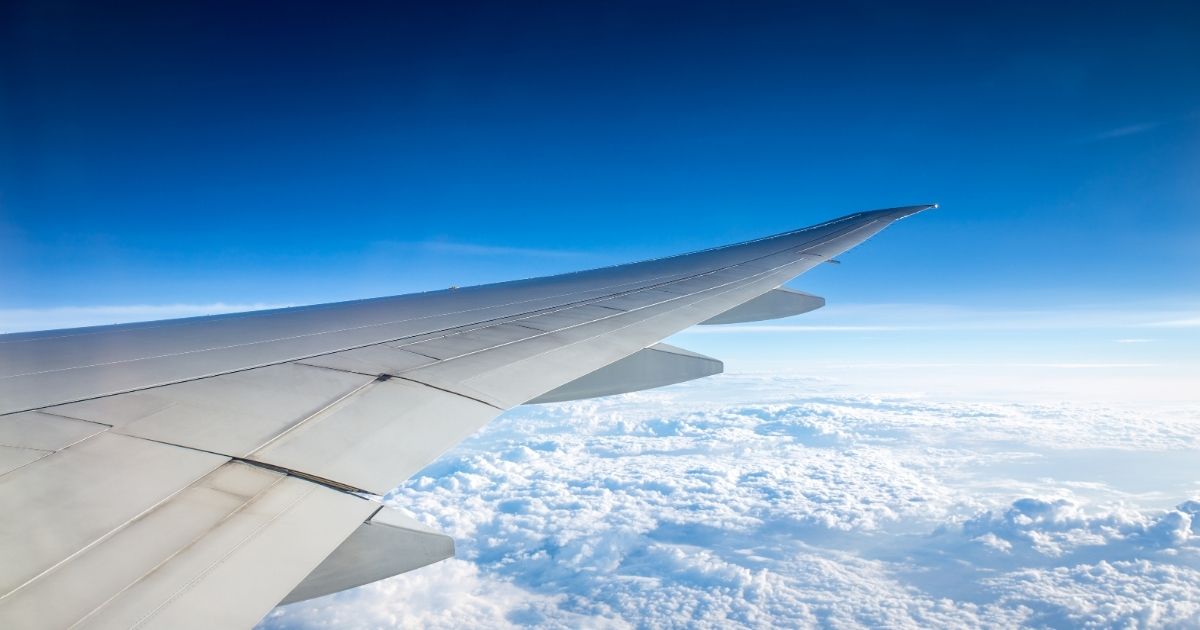
Preparing to Travel the World
Setting Your Goals
Preparing to travel the world begins with careful planning and thoughtful decision-making. First, it is essential to define your goals. Consider why you want to travel and what you hope to experience. Some travelers seek adventure, while others are drawn to cultural immersion or personal growth. By clarifying your intentions, you can create a roadmap that aligns with your aspirations.
Moreover, budgeting is a critical step in preparation. Estimating expenses for flights, accommodations, food, transportation, and activities helps you understand how long you can sustain your journey. Similarly, setting aside a contingency fund for emergencies ensures that unexpected costs do not derail your plans. Planning financially in advance allows for a smoother and more enjoyable travel experience.
In addition, choosing destinations carefully enhances your journey. Researching countries based on affordability, safety, and personal interests allows you to prioritize locations that provide meaningful experiences. For instance, combining popular tourist destinations with less-explored regions can balance excitement, learning, and cost-effectiveness. Furthermore, considering seasonal variations helps you avoid extreme weather and enjoy the best conditions in each place.
Another important aspect of preparation is logistical organization. Arranging necessary visas, vaccinations, and travel documents in advance minimizes stress and avoids delays. Similarly, packing efficiently with versatile clothing and essential items ensures mobility and comfort. Learning basic phrases in local languages and understanding cultural norms also enhances interactions and fosters respect.
Ultimately, preparation is the foundation of successful travel. By setting clear goals, planning finances, selecting destinations thoughtfully, and organizing logistics, you equip yourself to navigate the world confidently. Consequently, when you finally embark on your journey, you can focus on exploration, growth, and the experiences that make traveling the world truly transformative.
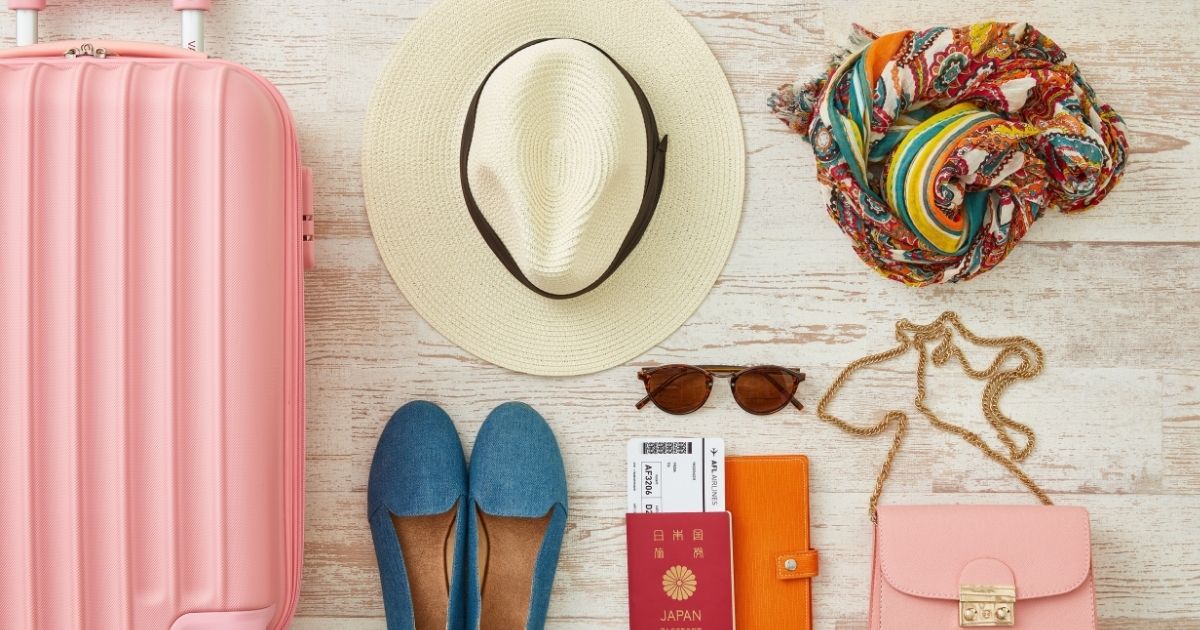
Budget Planning – Travel the World
Budget planning is a crucial step for anyone preparing to travel the world. First, understanding your expected expenses helps you create a realistic financial plan. Consider costs such as flights, accommodations, meals, transportation, activities, and travel insurance. By outlining these categories in advance, you can anticipate the total funds required and avoid surprises during your journey.
Moreover, breaking down expenses into daily, weekly, or monthly estimates makes budgeting more manageable. Similarly, tracking spending while traveling ensures that you remain within your plan and can adjust if necessary. Using simple tools or apps can provide clarity and control over your finances, reducing stress and allowing you to focus on experiences rather than money concerns.
In addition, prioritizing spending is essential. Decide which aspects of travel are most important to you, whether it is accommodation comfort, unique experiences, or fine dining. Consequently, you can allocate funds wisely, ensuring that your travel aligns with your personal values and goals. Additionally, seeking cost-effective alternatives, such as local transportation, hostels, or street food, can stretch your budget further without compromising the quality of your journey.
Another effective strategy is to establish a dedicated travel fund well before departure. Saving consistently over time, cutting unnecessary expenses, or even selling unused belongings can provide the financial foundation needed for extended travel. Furthermore, researching affordable destinations and taking advantage of seasonal deals helps maximize your budget while still allowing enriching experiences.
Ultimately, careful budget planning empowers travelers to explore the world with confidence. By anticipating expenses, prioritizing spending, and saving strategically, you reduce financial stress and create a framework that supports both enjoyable and sustainable travel. Consequently, your journey becomes less about constraints and more about discovering new places, cultures, and personal growth.

Choosing Destinations – Travel the World
Choosing destinations is a key step in planning a successful world travel journey. First, consider your personal interests and the experiences you want to have. Some travelers are drawn to bustling cities, historical landmarks, or cultural festivals, while others prefer nature, adventure, or remote locations. By identifying what excites you most, you can prioritize destinations that will create meaningful and memorable experiences.
Moreover, practical considerations play an important role. Researching factors such as safety, visa requirements, weather conditions, and travel costs helps ensure that your journey is feasible and enjoyable. Similarly, understanding local customs and language can prepare you for smoother interactions and deeper cultural immersion. Balancing popular tourist destinations with less-explored regions often leads to richer and more authentic experiences.
In addition, logistical aspects influence destination choice. For instance, planning a route that minimizes long and expensive flights can save both time and money. Consequently, grouping nearby countries or regions together can make your travel more efficient. Seasonal variations also matter; visiting certain places during favorable weather or avoiding peak tourist periods enhances comfort and reduces expenses.
Another useful strategy is to remain flexible. While having a general plan is important, allowing room for spontaneity encourages discovery and unexpected opportunities. Sometimes, the most memorable experiences arise from unplanned detours or local recommendations. Furthermore, using a combination of research, personal goals, and curiosity helps you build an itinerary that is both structured and adaptable.
Ultimately, choosing destinations thoughtfully ensures that your journey is fulfilling and manageable. By considering interests, practical factors, logistics, and flexibility, you create a travel plan that maximizes enjoyment, learning, and personal growth. Consequently, each destination becomes not only a place to visit but also an opportunity to expand your horizons and experience the world fully.
Read also – How to Find Cheap Flights in 2025 (Even Last-Minute!)

Financial Planning for World Travel
Saving Strategies
Saving effectively is a fundamental step for anyone planning to travel the world. First, creating a dedicated travel fund helps ensure that your savings are reserved solely for your journey. By separating these funds from everyday expenses, you can monitor progress more accurately and stay motivated.
Moreover, reducing unnecessary spending accelerates your savings. Cutting down on dining out, subscription services, or nonessential purchases allows you to redirect money toward travel. Similarly, evaluating your current lifestyle and identifying areas for temporary sacrifices can significantly increase your available funds without feeling overly restrictive.
In addition, finding additional sources of income can support your travel goals. Freelance work, part-time jobs, or selling unused items are practical ways to boost savings. Consequently, combining extra income with disciplined spending habits allows you to reach your financial targets faster and with less stress.
Another effective approach is to set clear, measurable goals. For instance, determining a monthly saving target or total trip budget provides structure and accountability. Furthermore, tracking your progress through budgeting apps or simple spreadsheets ensures that you remain on course and can make adjustments if necessary.
Planning in advance also helps maximize cost-efficiency. By researching affordable destinations, seasonal deals, and discounted accommodations, you reduce the overall cost of travel. As a result, your saved funds stretch further, enabling longer or more enriching journeys.
Ultimately, saving strategies empower travelers to pursue world travel confidently. By combining disciplined budgeting, additional income sources, and clear financial goals, you create a stable foundation for your journey. Consequently, the act of saving itself becomes part of the preparation process, building both financial security and excitement for the adventures ahead.
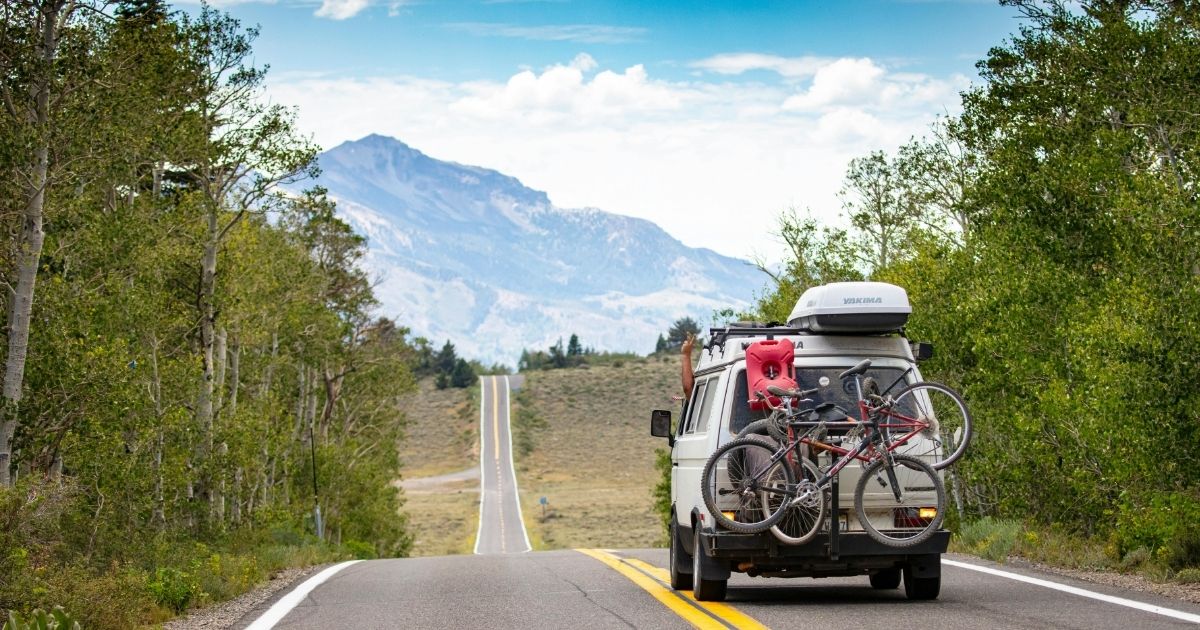
Travel-Friendly Jobs – Travel the World
Finding travel-friendly jobs is an excellent way to support long-term world travel. First, remote work offers flexibility to earn an income while exploring new destinations. Roles such as freelance writing, digital marketing, graphic design, and programming allow you to work from virtually anywhere with a reliable internet connection. This flexibility ensures that your travels are sustainable without compromising financial stability.
Moreover, seasonal or temporary work can provide both income and local immersion. Many travelers find opportunities in tourism, hospitality, or teaching languages abroad. Similarly, volunteering programs that offer accommodation and meals in exchange for work reduce expenses while allowing you to engage with communities meaningfully. Consequently, these roles enhance cultural understanding and provide unique experiences beyond conventional tourism.
In addition, teaching English or other specialized skills abroad is a popular option. Programs in countries across Asia, Europe, and South America frequently hire foreigners to work short-term or long-term. These positions not only support your travels financially but also offer structured opportunities to connect with locals and build professional networks.
Another strategy is to combine multiple sources of income. For instance, working part-time locally while freelancing online ensures diversified revenue streams. Furthermore, this approach reduces reliance on a single source of income, which increases financial security and flexibility.
Ultimately, travel-friendly jobs empower travelers to sustain extended journeys without compromising the quality of experiences. By selecting roles that align with your skills, interests, and lifestyle, you create opportunities to work while exploring. Consequently, you gain both financial stability and the freedom to immerse yourself fully in the world, turning your travel dreams into a reality.
Read also – Earl Bales Park Toronto: A Peaceful Escape in the Heart of the City
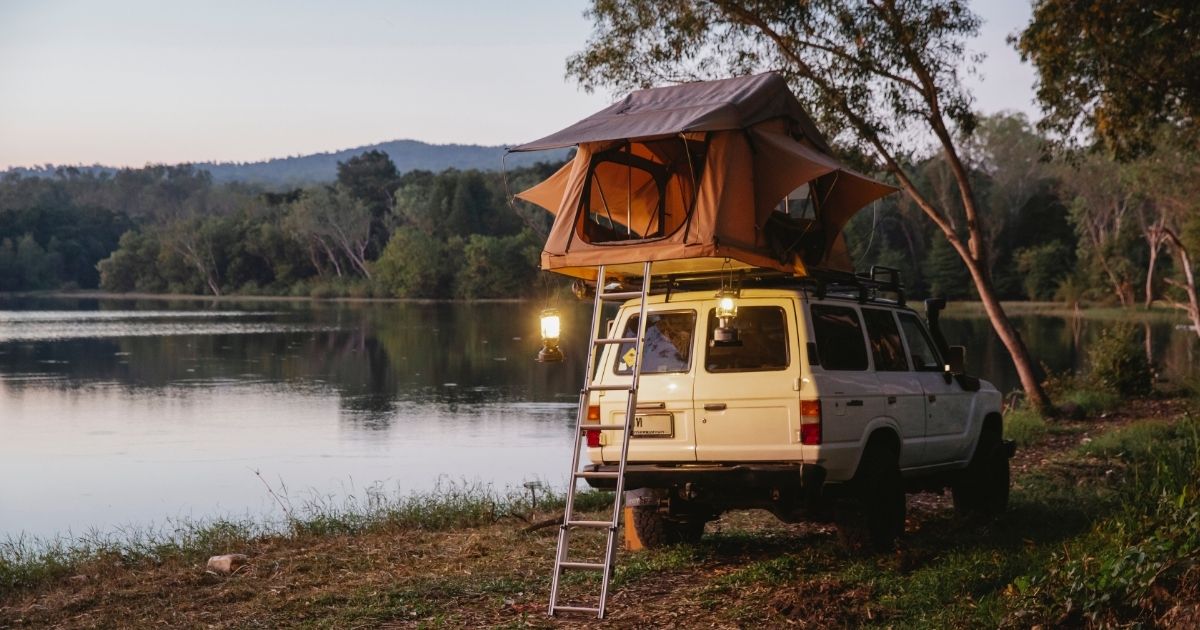
Managing Expenses Abroad
Managing expenses abroad is essential for a successful and stress-free world travel experience. First, tracking your daily spending helps you stay within your budget. By recording costs for accommodation, meals, transportation, and activities, you gain a clear understanding of where your money goes and can adjust habits as needed.
Moreover, prioritizing essential expenses ensures that your funds are used wisely. Similarly, distinguishing between needs and wants allows you to focus on experiences that truly matter, such as cultural activities or local excursions, rather than unnecessary purchases. Consequently, this approach maximizes both enjoyment and financial efficiency.
In addition, adopting cost-effective practices while traveling can significantly stretch your budget. Eating at local markets, using public transportation, and staying in hostels or budget accommodations reduces expenses without sacrificing the quality of your experiences. Furthermore, seeking free or low-cost attractions, such as hiking trails, museums with discounted entry, or community events, provides enriching opportunities at minimal cost.
Another effective strategy is to plan for unexpected expenses. Emergencies or last-minute changes in plans are common during travel. Therefore, setting aside a small reserve fund ensures that you can handle these situations without financial stress. Additionally, using local currency wisely and avoiding excessive ATM fees or high exchange rates contributes to better money management abroad.
Ultimately, careful management of expenses abroad empowers travelers to explore freely and responsibly. By tracking spending, prioritizing needs, adopting cost-effective habits, and preparing for contingencies, you maintain financial control throughout your journey. Consequently, you can focus on the experiences, learning, and personal growth that make traveling the world truly rewarding.
Planning the Route – Travel the World
One-Way vs Round-the-World Tickets
Deciding between one-way tickets and round-the-world (RTW) tickets is a critical step when planning a global journey. First, one-way tickets offer maximum flexibility. Travelers can adjust their routes spontaneously, change destinations based on weather or opportunities, and stay longer in places they enjoy. This approach suits those who prefer a more adventurous and fluid travel style.
Moreover, round-the-world tickets provide structure and often cost savings. Airlines or alliances sell RTW tickets as a package that allows multiple flights across continents at a fixed price. Similarly, these tickets typically require travel in one direction with a set number of stops, making them ideal for travelers who want to plan a clear route while avoiding excessive airfare costs. Consequently, RTW tickets can simplify long-term travel logistics and provide a sense of security regarding travel expenses.
In addition, your choice may depend on time constraints and personal preferences. If you have an open-ended schedule and enjoy spontaneity, one-way tickets allow freedom to explore unplanned destinations. On the other hand, if you aim to visit specific countries within a limited timeframe, RTW tickets ensure efficient travel between multiple locations. Furthermore, considering visa requirements and seasonal variations can influence which option works best for your itinerary.
Another factor is the potential for flexibility after purchasing a ticket. While one-way tickets are often refundable or changeable depending on the airline, RTW tickets may have stricter rules and fees for altering your plan. Therefore, understanding the terms and conditions is essential before committing.
Ultimately, choosing between one-way and round-the-world tickets depends on your travel style, budget, and priorities. By weighing flexibility against structure, you can select the option that aligns with your goals. Consequently, this decision becomes a foundation for a smoother, more enjoyable, and well-organized journey around the world.

Popular Travel Routes – Travel the World
Exploring popular travel routes can help you plan an efficient and rewarding world journey. First, considering well-established routes provides structure and inspiration. Many long-term travelers follow paths through regions that are affordable, culturally rich, and accessible. For instance, Southeast Asia attracts backpackers with its combination of stunning landscapes, vibrant cities, and low cost of living. Similarly, Europe offers historical sites, diverse cultures, and reliable transportation networks that make it ideal for multi-country exploration.
Moreover, combining multiple regions in a logical sequence reduces travel time and expenses. Traveling in a generally linear route, rather than zigzagging between distant countries, allows you to optimize flights, ground transportation, and visas. Consequently, you save both money and energy, ensuring that your journey is more sustainable over the long term.
In addition, many travelers choose routes based on seasonal advantages. Visiting tropical regions during the dry season or temperate countries in the summer enhances comfort and enjoyment. Furthermore, understanding peak and off-peak travel periods helps you avoid overcrowded destinations and higher costs, allowing for a more immersive experience.
Another consideration is the type of experiences you seek. Adventure travelers may prioritize mountainous regions or remote islands, while cultural enthusiasts may focus on historical cities or festival-rich destinations. Therefore, planning routes that align with personal interests ensures that each stop contributes meaningfully to your journey.
Ultimately, selecting popular travel routes combines practicality with the opportunity for discovery. By following established paths, considering seasonal and logistical factors, and prioritizing experiences, you can create a route that maximizes both efficiency and enjoyment. Consequently, these routes become a framework that guides your exploration while leaving room for spontaneity and unique adventures.
Read also – Kalanggaman Island Philippines: Paradise You Need To Visit
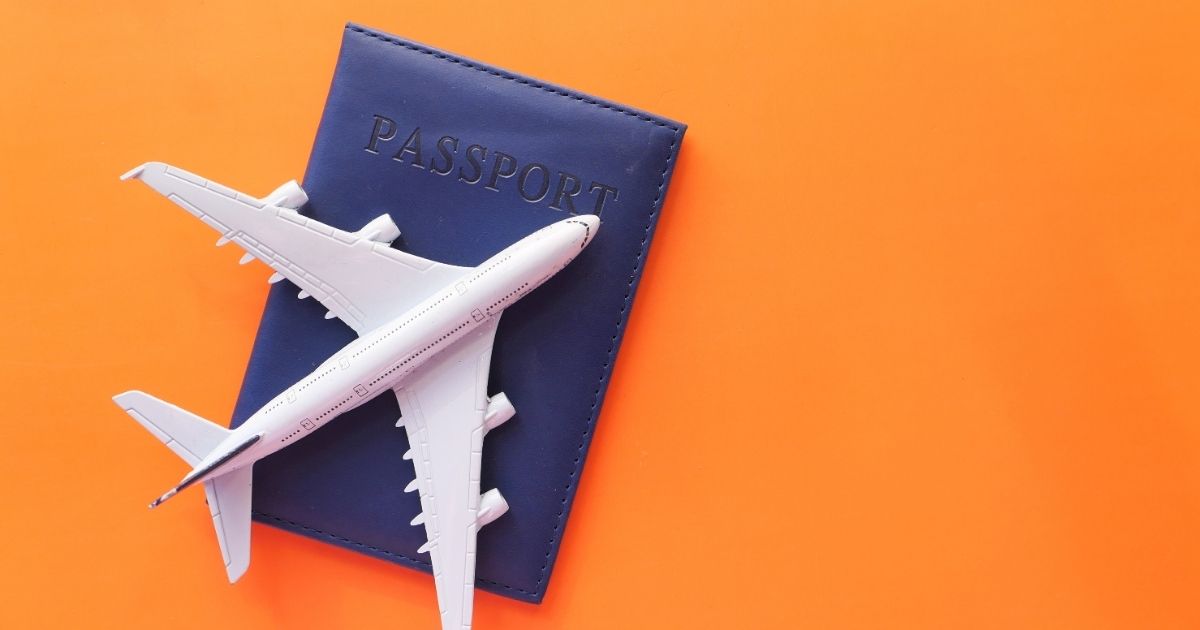
Flexibility and Slow Travel
Flexibility and slow travel are essential principles for making the most of a world journey. First, embracing flexibility allows you to adapt to unexpected opportunities or challenges. Flight delays, local events, or new recommendations can change your plans, and being open to adjustments ensures that your experiences remain enjoyable rather than stressful. Similarly, flexibility helps you respond effectively to budget constraints, health considerations, or changes in travel companions.
Moreover, slow travel encourages deeper engagement with each destination. Spending weeks or even months in a single city or region allows you to explore beyond the typical tourist attractions. Consequently, you gain a more authentic understanding of local culture, traditions, and daily life. This approach also fosters meaningful connections with residents and fellow travelers, creating memories that last far longer than those from brief visits.
In addition, slow travel often reduces overall costs. Staying longer in one location can lead to discounts on accommodations, transportation, and activities. Furthermore, it allows you to balance work and travel if you are earning income along the way, making long-term journeys more sustainable.
Another benefit is personal growth. By slowing down, you have more time for reflection, planning, and self-discovery. Therefore, the journey becomes not only about seeing places but also about understanding yourself and how you relate to the world.
Ultimately, combining flexibility with slow travel maximizes both enjoyment and personal development. By remaining adaptable and allowing sufficient time in each destination, you create a travel experience that is immersive, rewarding, and sustainable. Consequently, your journey transforms from a checklist of sights into a meaningful exploration of culture, people, and personal growth.
Read also – Hotels in Alabang – Best Hotels for a Relaxing
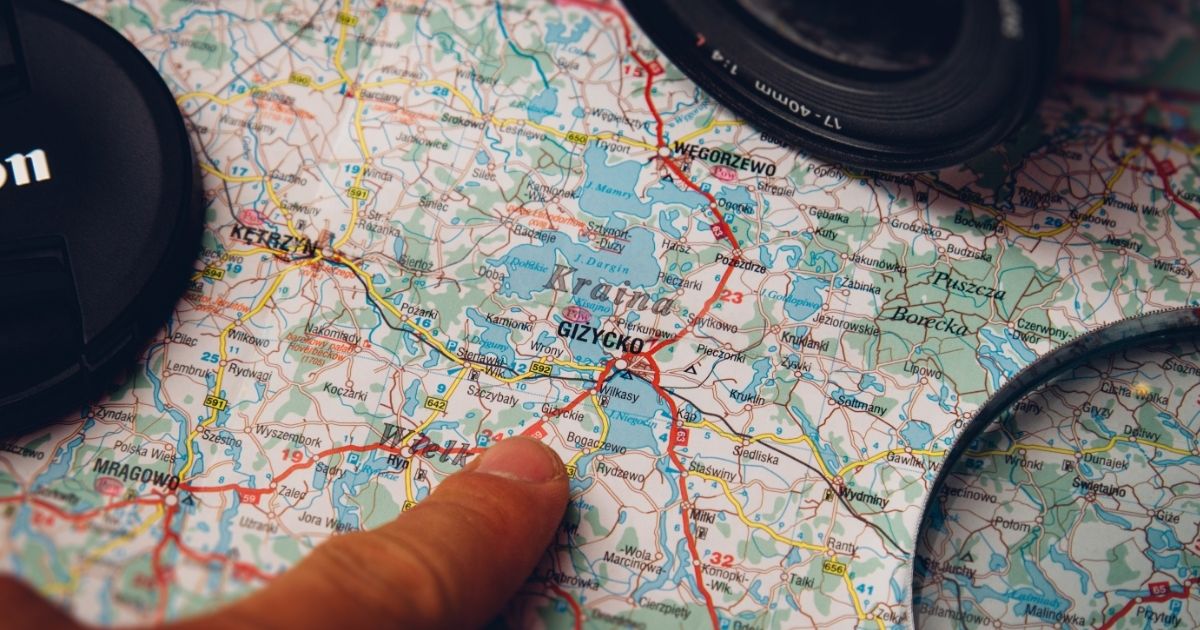
Accommodation Choices – Travel the World
Hostels and Guesthouses
Hostels and guesthouses are popular accommodation choices for travelers seeking affordability and social experiences. First, hostels provide budget-friendly lodging without sacrificing convenience. Many are located in central areas, making it easy to explore cities on foot or via public transportation. Similarly, guesthouses offer a homier atmosphere while often maintaining low costs, allowing travelers to feel comfortable without overspending.
Moreover, these accommodations foster community and connection. Shared dormitories, common areas, and organized events encourage interaction among travelers from around the world. Consequently, you have the opportunity to share experiences, exchange travel tips, and even form lasting friendships. For solo travelers, hostels and guesthouses are particularly valuable for reducing loneliness and enhancing the sense of belonging.
In addition, staying in these types of accommodations often provides practical benefits. Many hostels and guesthouses offer kitchen facilities, laundry services, and free Wi-Fi, helping travelers save money and maintain convenience during extended journeys. Furthermore, staff members are usually knowledgeable about the local area and can recommend attractions, restaurants, and hidden gems that may not appear in guidebooks.
Another advantage is flexibility. Many hostels and guesthouses allow short-term bookings, which is ideal for travelers who prefer spontaneous plans or slow travel. Therefore, you can adjust your itinerary without financial or logistical strain, making your travel experience more fluid and enjoyable.
Ultimately, choosing hostels or guesthouses combines affordability, convenience, and social engagement. By staying in these accommodations, travelers gain both practical support and opportunities for meaningful connections. Consequently, each night becomes not only a place to rest but also an opportunity to enrich your journey and create memorable experiences.
Read also – Best Places to Visit in Europe
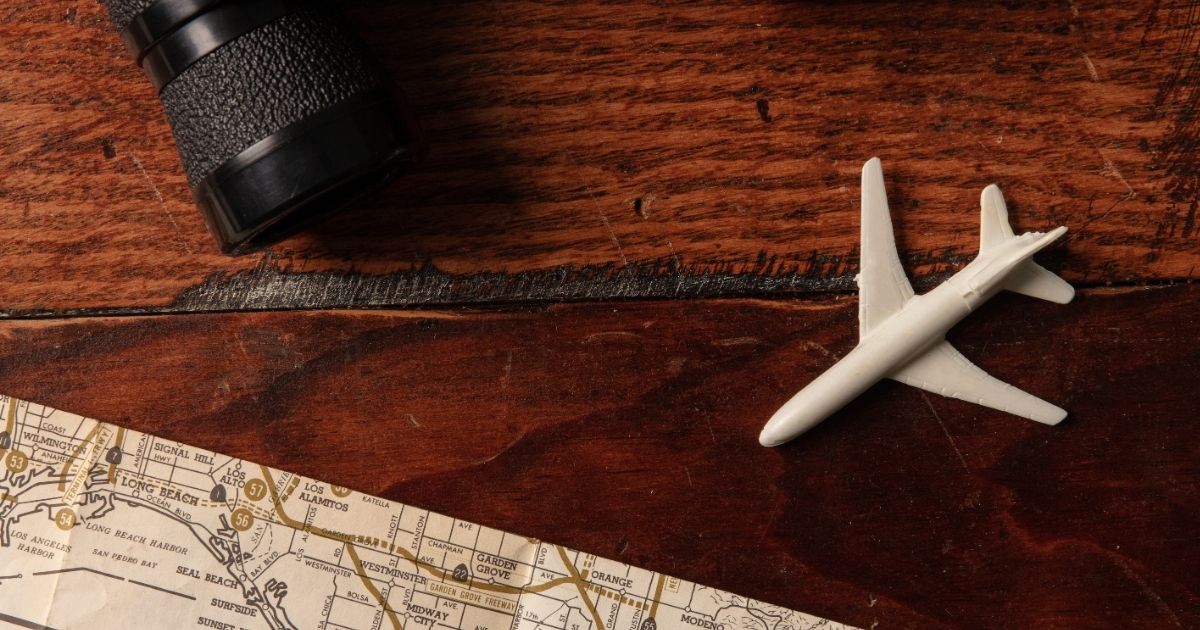
Short-Term Rentals
Short-term rentals are an increasingly popular option for travelers seeking comfort and flexibility. First, they provide more privacy than hostels or guesthouses, making them ideal for couples, families, or solo travelers who prefer a quieter environment. Similarly, having your own space allows for greater control over your schedule, cooking, and daily routines, enhancing the overall travel experience.
Moreover, short-term rentals often offer amenities that support longer stays. Fully equipped kitchens, laundry facilities, and reliable internet connections make it possible to maintain a sense of home while exploring new locations. Consequently, travelers can save money by preparing meals and managing daily needs independently, reducing reliance on restaurants and paid services.
In addition, these rentals provide an opportunity to experience local neighborhoods more authentically. Staying in residential areas, rather than tourist-heavy zones, allows you to observe daily life, shop at local markets, and interact with neighbors. Furthermore, property owners or managers often share valuable insights about hidden gems, cultural events, and practical tips, enhancing your cultural immersion.
Another advantage is flexibility in booking duration and location. Many platforms offer short-term rentals for a few days to several weeks, allowing travelers to adjust their itinerary without being tied to strict hotel schedules. Therefore, this option accommodates both spontaneous and well-planned travel, supporting diverse travel styles and preferences.
Ultimately, short-term rentals combine comfort, independence, and local engagement. By choosing this type of accommodation, travelers gain practical support, financial flexibility, and opportunities for deeper cultural experiences. Consequently, each stay contributes to a more enriching and personalized journey, turning your exploration of the world into a comfortable and memorable adventure.
Read also – Sanur Beach in Bali – Your Ultimate Guide to a Peaceful Paradise
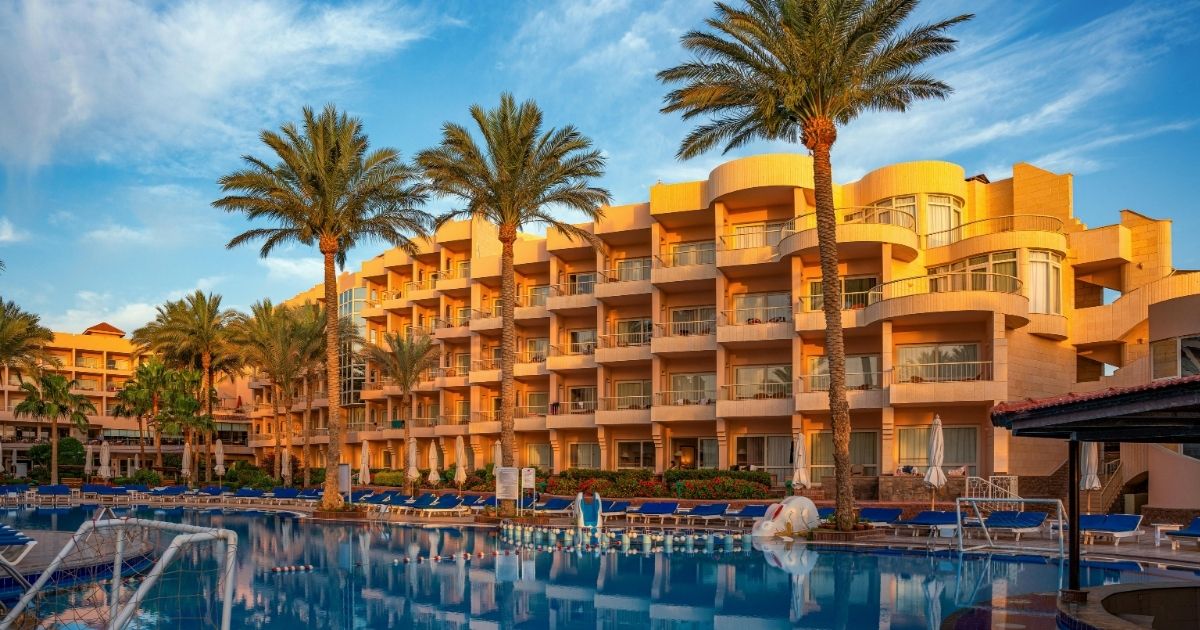
Volunteering and Homestays – Travel the World
Volunteering and homestays offer travelers a unique way to immerse themselves in local culture while reducing accommodation costs. First, these options provide opportunities to live and work alongside local communities, gaining insights that are impossible to experience as a typical tourist. Similarly, participating in community projects, teaching, or conservation efforts allows travelers to contribute meaningfully while learning about traditions and daily life.
Moreover, homestays enable travelers to form personal connections with host families. Sharing meals, routines, and stories fosters understanding and appreciation of cultural differences. Consequently, you develop relationships that enrich your journey and often leave lasting memories beyond the physical places you visit.
In addition, volunteering programs frequently include accommodations and meals in exchange for work. This arrangement not only reduces travel expenses but also encourages a sense of responsibility and engagement. Furthermore, many programs provide structured experiences that enhance personal development, including leadership, teamwork, and problem-solving skills.
Another benefit is cultural adaptability. Living with locals requires observing and respecting social norms, customs, and practices. Therefore, travelers quickly learn to navigate cultural differences with sensitivity and open-mindedness. These experiences cultivate empathy, patience, and a deeper understanding of the world.
Ultimately, volunteering and homestays transform travel into a mutually beneficial experience. By giving time and effort, you receive cultural knowledge, meaningful connections, and personal growth. Consequently, these accommodations turn a simple stay into an immersive adventure, making your journey around the world more enriching, responsible, and memorable.
Read also – Things to Do in Honolulu – Discover Everything You Need
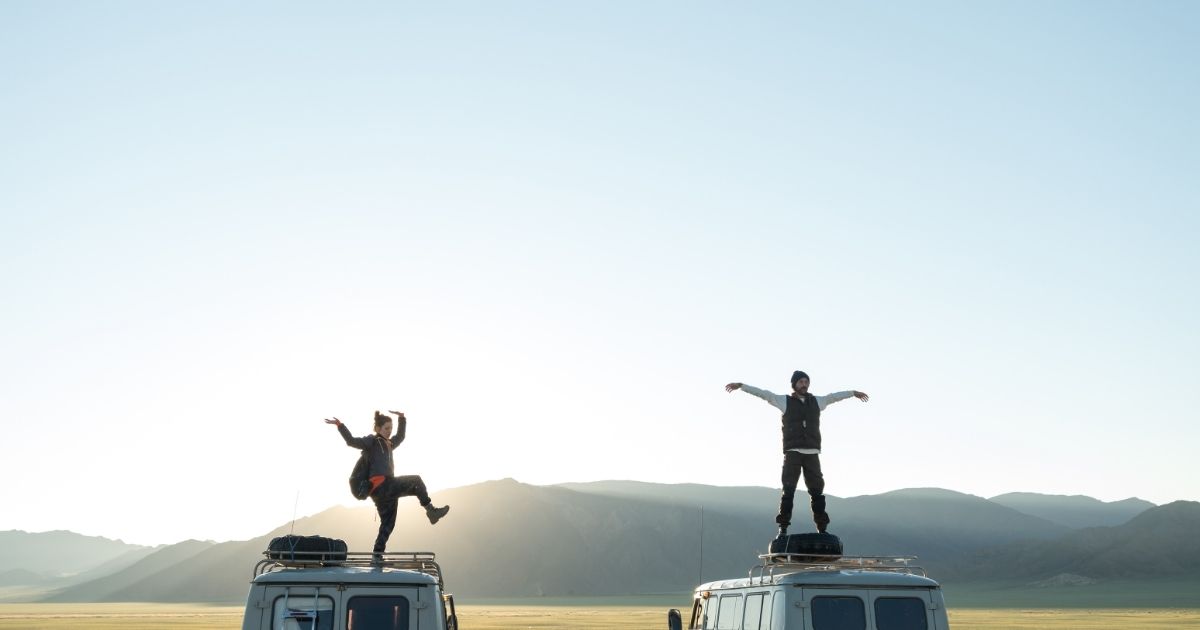
Food and Cultural Experiences
Local Cuisines – Travel the World
Exploring local cuisines is one of the most rewarding aspects of traveling the world. First, tasting regional dishes allows travelers to experience culture through flavor, ingredients, and cooking techniques. Each meal tells a story about history, geography, and traditions, offering insights that sightseeing alone cannot provide. Similarly, food often reflects local values, celebrations, and family customs, making it an authentic gateway into daily life.
Moreover, trying local foods encourages openness and adaptability. Sampling unfamiliar ingredients or dishes challenges personal preferences and expands your culinary horizons. Consequently, you gain confidence in embracing new experiences and develop a deeper appreciation for diversity.
In addition, engaging with local food markets, street vendors, and family-owned restaurants enhances cultural immersion. Observing preparation methods, interacting with chefs, and learning traditional recipes create memorable, hands-on experiences. Furthermore, participating in cooking classes or food tours can deepen your understanding of a region’s cuisine while fostering meaningful connections with locals.
Another important consideration is balancing taste with safety. Travelers should pay attention to hygiene, freshness, and preparation standards to prevent food-related illness. Therefore, starting with popular or recommended establishments and gradually exploring lesser-known spots ensures both enjoyment and well-being.
Ultimately, exploring local cuisines enriches travel by combining pleasure, education, and cultural insight. By embracing diverse flavors, engaging with communities, and practicing mindful choices, each meal becomes more than nourishment – it becomes a memorable part of your journey. Consequently, experiencing local cuisines transforms dining into a meaningful cultural adventure, adding depth and connection to your exploration of the world.
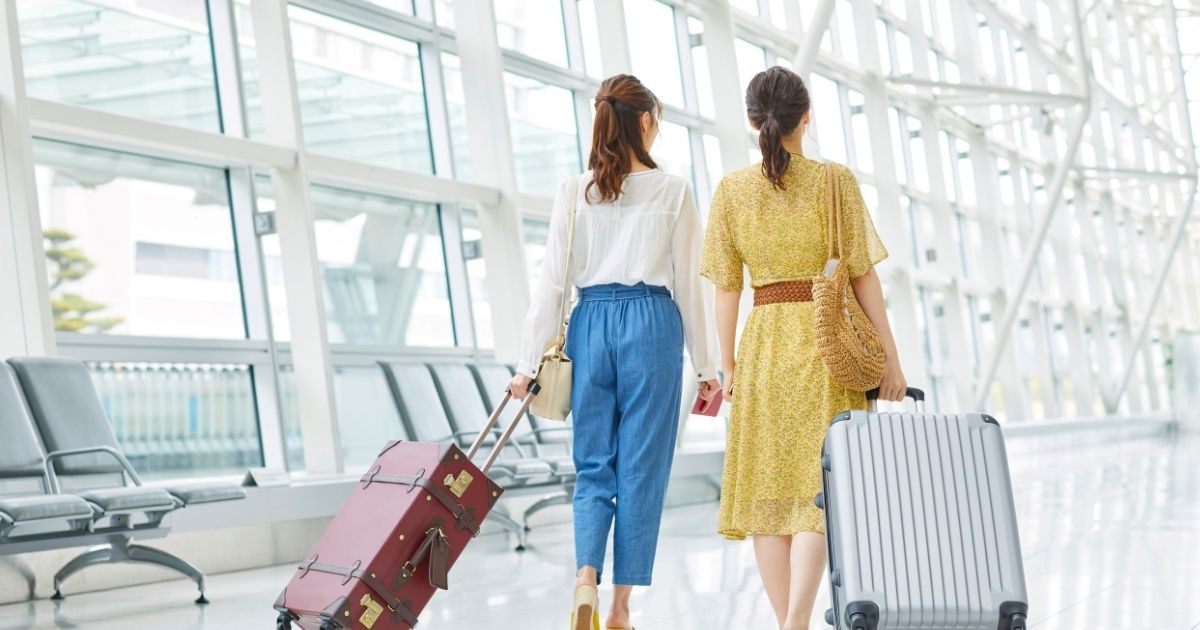
Food Safety and Adaptation – Travel the World
Maintaining food safety while exploring local cuisines is essential for a healthy travel experience. First, being mindful of hygiene and cleanliness helps prevent foodborne illness. Choosing establishments that follow proper food handling practices, observing how meals are prepared, and avoiding raw or undercooked items in unfamiliar regions reduces risks. Similarly, drinking bottled or filtered water ensures safety when local water quality is uncertain.
Moreover, adapting gradually to new diets supports digestion and overall well-being. Introducing unfamiliar ingredients slowly allows your body to adjust and minimizes discomfort. Consequently, travelers can enjoy diverse culinary experiences without compromising health or energy levels.
In addition, understanding local food customs and practices enhances both safety and enjoyment. Observing eating habits, portion sizes, and recommended meal times helps you blend seamlessly into local routines. Furthermore, asking locals or experienced travelers for guidance on popular and safe foods provides valuable insight, making your culinary exploration more rewarding.
Another effective strategy is preparing for dietary restrictions or sensitivities. Carrying essential medications, knowing key phrases in the local language, or using translation cards ensures you can communicate dietary needs clearly. Therefore, planning ahead allows you to navigate different food environments with confidence.
Ultimately, balancing adventure with caution enables travelers to enjoy local cuisines safely. By practicing hygiene awareness, adapting gradually, respecting customs, and preparing for special dietary needs, you create a sustainable and enjoyable food experience. Consequently, food becomes not only a source of nourishment but also an opportunity to connect with culture, enrich your journey, and fully appreciate the flavors of the world.
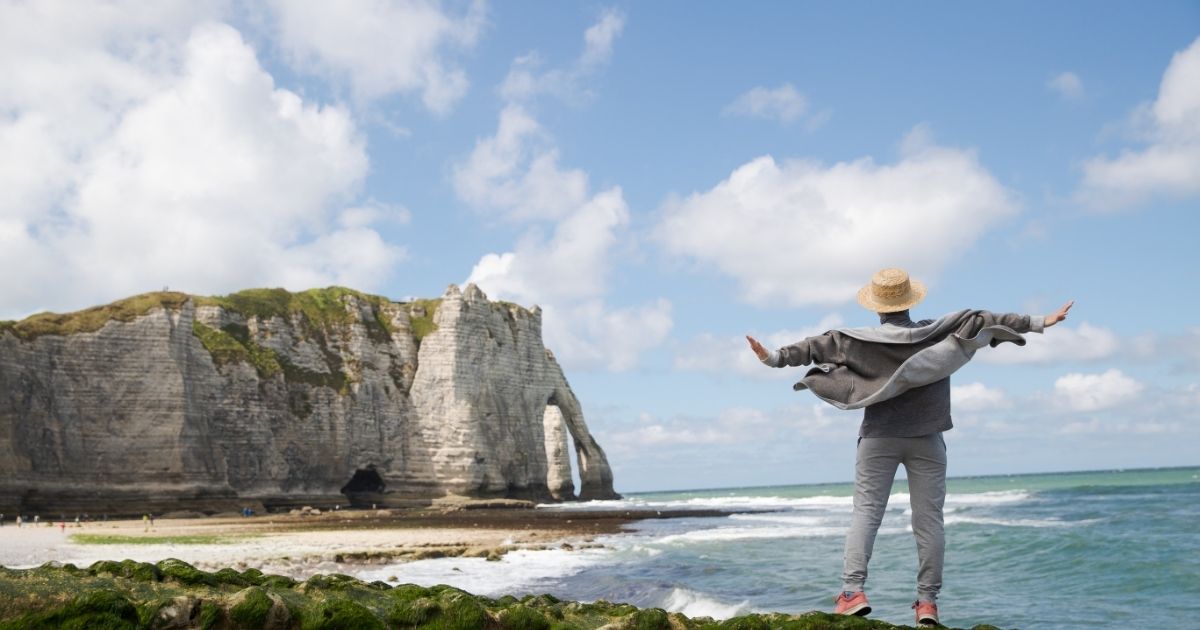
Eating Affordably While Exploring – Travel the World
Eating affordably while exploring allows travelers to stretch their budgets without sacrificing quality or cultural experiences. First, seeking out local markets, street vendors, and family-owned eateries provides delicious meals at lower costs than tourist-focused restaurants. Similarly, purchasing fresh ingredients and preparing simple meals in your accommodation reduces reliance on dining out while offering insight into local cuisine.
Moreover, planning meals strategically helps manage daily expenses. Opting for breakfast or lunch at local cafés instead of pricier dinner options allows you to enjoy the same flavors at reduced prices. Consequently, careful meal planning ensures that your budget remains sustainable over the course of extended travel.
In addition, taking advantage of seasonal and regional specialties can save money while providing authentic experiences. Locally abundant produce, street foods, and community favorites are often more affordable than imported or luxury items. Furthermore, asking locals for recommendations often leads to hidden gems where quality and price are balanced, enhancing both taste and cultural immersion.
Another effective strategy is sharing meals with fellow travelers. Splitting dishes at restaurants or buying ingredients for group cooking can reduce costs significantly. Therefore, communal dining not only saves money but also fosters social connections and shared experiences.
Ultimately, eating affordably while exploring combines mindfulness, creativity, and cultural engagement. By choosing local options, planning meals wisely, and embracing community dining, travelers can enjoy satisfying and memorable culinary experiences without overspending. Consequently, this approach supports both financial sustainability and deeper appreciation of the diverse flavors found around the world.
Read also – Huayhuash routes – All you need to know about

Staying Safe While Traveling the World
Health Precautions
Taking health precautions is essential for a safe and enjoyable journey around the world. First, preparing before departure by consulting a travel clinic ensures that you receive necessary vaccinations and medical advice. Similarly, packing a basic first aid kit with medications, bandages, and antiseptics allows you to handle minor illnesses or injuries while traveling.
Moreover, maintaining hygiene practices while on the road reduces the risk of illness. Washing hands frequently, using hand sanitizer, and consuming clean water and properly cooked food are simple yet effective measures. Consequently, these precautions help prevent common travel-related health issues, allowing you to enjoy your experiences without disruption.
In addition, understanding local health risks is important. Researching the prevalence of diseases, air quality, or extreme weather conditions in your destinations helps you take targeted measures. Furthermore, carrying any necessary prescriptions, using insect repellent in areas with mosquito-borne illnesses, and staying aware of sun exposure all contribute to overall well-being.
Another strategy is monitoring your physical condition regularly. Listening to your body, recognizing signs of fatigue, dehydration, or stress, and resting when necessary prevents serious health problems. Therefore, balancing activity with rest and proper nutrition ensures sustained energy and resilience throughout your travels.
Ultimately, health precautions empower travelers to explore confidently and responsibly. By preparing in advance, practicing good hygiene, adapting to local conditions, and monitoring personal well-being, you reduce risks and maximize enjoyment. Consequently, prioritizing health transforms travel into a safe, fulfilling, and memorable adventure around the world.
Read also – Best Resorts in Maldives for Family
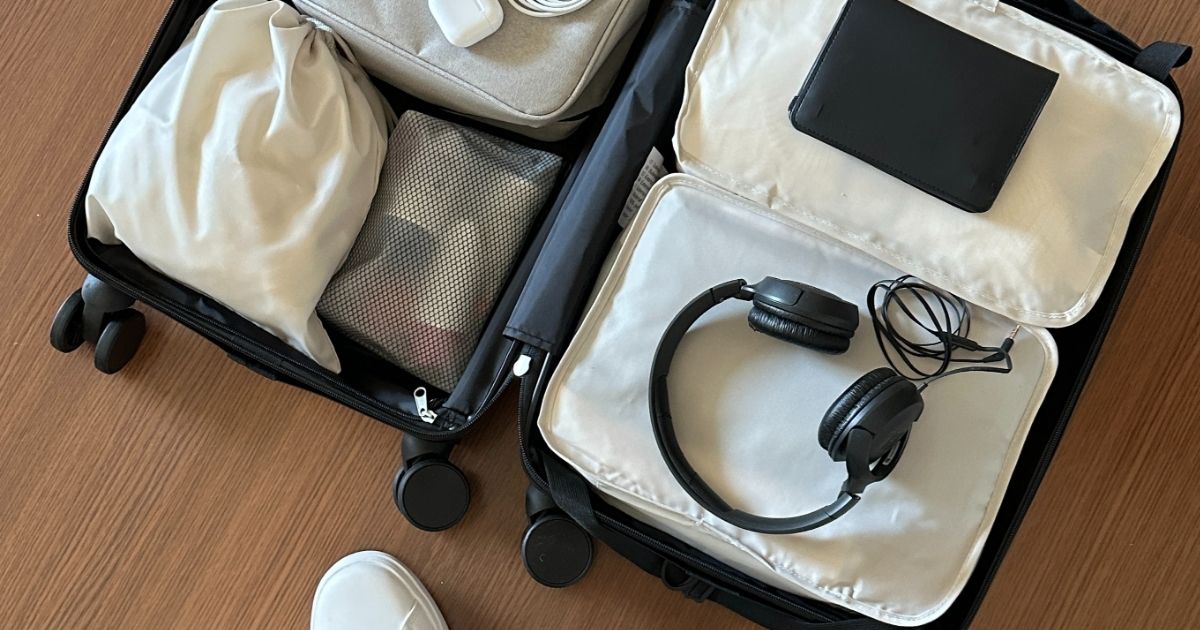
Travel Insurance and Safety – Travel the World
Travel insurance is a vital component of safe and stress-free world travel. First, securing comprehensive coverage protects you from unexpected medical expenses, trip cancellations, or lost belongings. Similarly, having insurance provides peace of mind, allowing you to focus on exploring and enjoying each destination without constant worry.
Moreover, understanding the types of coverage available ensures that you choose a plan suited to your travel style. Policies may include medical emergencies, evacuation, trip interruption, or personal property protection. Consequently, selecting the right plan prevents gaps in coverage and ensures you are prepared for a variety of situations.
In addition, travel insurance often offers support services, such as 24/7 assistance hotlines and guidance in emergencies. Furthermore, knowing how to access these services before departure helps you respond quickly and efficiently when unexpected issues arise. This proactive approach enhances your safety and minimizes stress during your journey.
Another important aspect is evaluating destination-specific risks. Researching local healthcare quality, transportation safety, and natural hazards informs the level of coverage you may require. Therefore, tailoring insurance to match the specific challenges of your itinerary ensures better protection.
Ultimately, travel insurance transforms potential uncertainties into manageable situations. By securing appropriate coverage, understanding its benefits, and preparing for emergencies, you create a safer and more confident travel experience. Consequently, this precaution allows you to focus on exploration, personal growth, and cultural immersion, making your journey around the world both safe and rewarding.
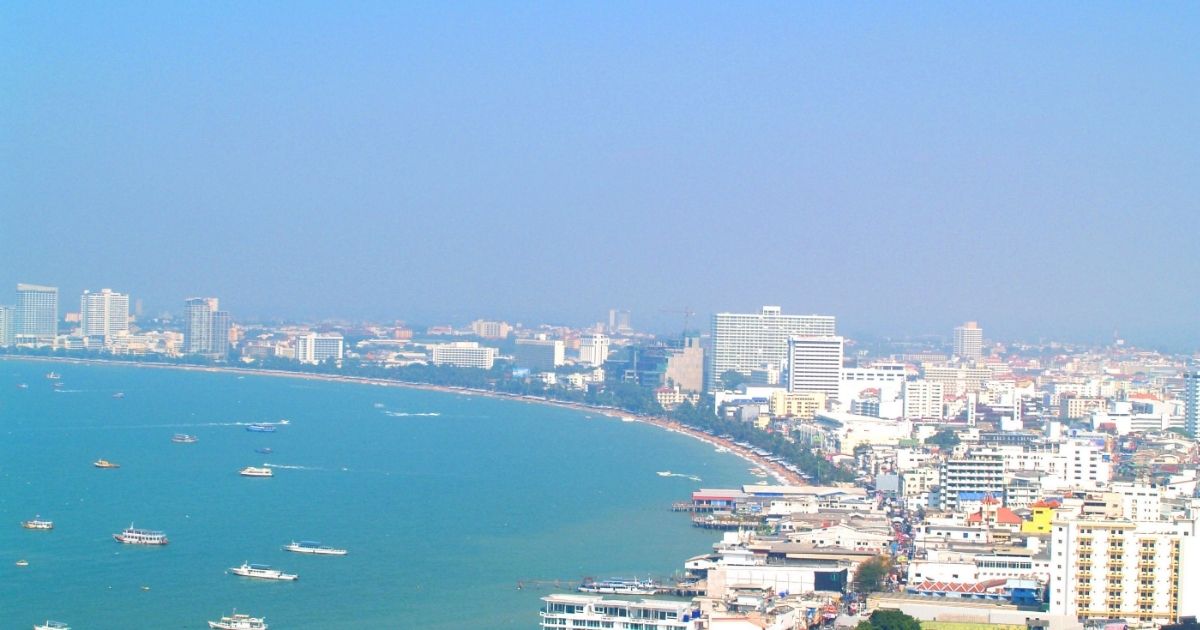
Building Meaningful Connections – Travel the World
Meeting Locals
Meeting locals is one of the most rewarding ways to deepen your travel experience. First, engaging with residents provides authentic insights into the culture, traditions, and daily life of a destination. Similarly, conversations with locals can reveal hidden gems, unique experiences, and practical tips that are not found in guidebooks or online resources.
Moreover, forming connections with locals fosters empathy and understanding. By listening to their stories and sharing your own, you develop a greater appreciation for different perspectives and lifestyles. Consequently, your journey becomes richer and more meaningful, extending beyond sightseeing to genuine cultural exchange.
In addition, participating in local activities or community events enhances these interactions. Attending festivals, workshops, or volunteer projects allows travelers to meet people in a natural and engaging setting. Furthermore, learning basic phrases in the local language or respecting cultural norms demonstrates interest and respect, making interactions more positive and memorable.
Another strategy is to approach locals with openness and curiosity. Asking questions, showing genuine interest, and being mindful of social cues encourages trust and friendliness. Therefore, these encounters can lead to lasting friendships, invitations to unique experiences, or even guidance that improves safety and navigation in unfamiliar areas.
Ultimately, meeting locals transforms travel from a passive observation into an active, immersive experience. By connecting with people, embracing cultural exchange, and approaching interactions with respect, you gain knowledge, memories, and relationships that enhance your journey. Consequently, these connections create a deeper understanding of the world and leave a lasting impression long after your travels conclude.
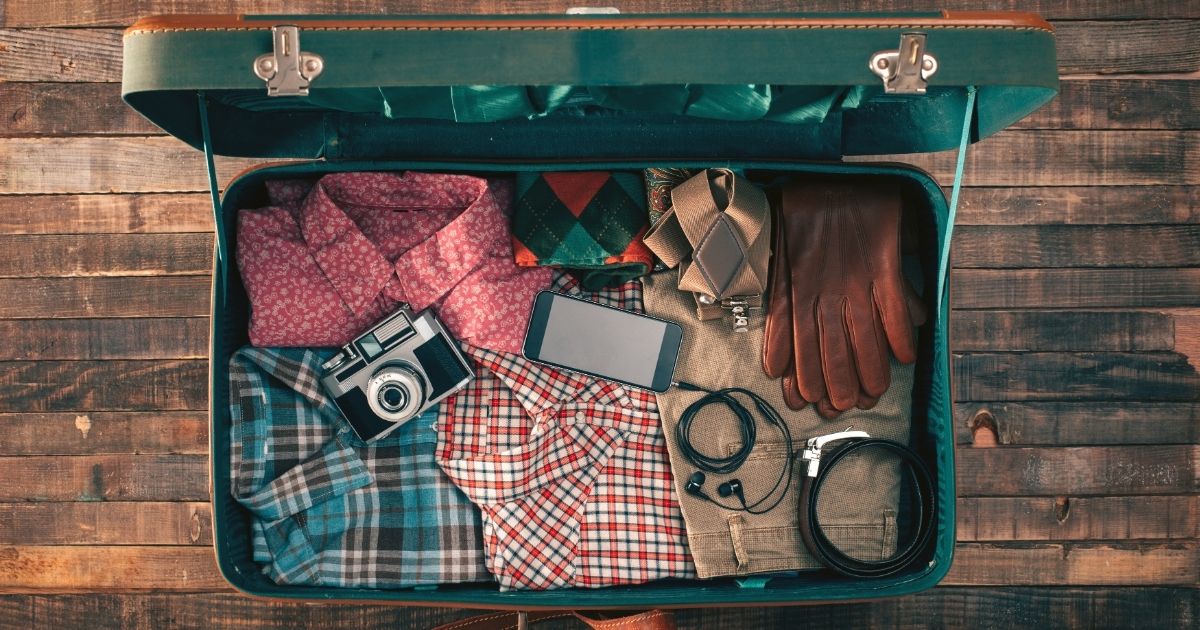
Connecting with Other Travelers
Connecting with other travelers enriches your journey by creating opportunities for shared experiences and cultural exchange. First, interacting with fellow travelers allows you to exchange tips, recommendations, and insights about destinations, accommodations, and activities. Similarly, these connections can inspire new travel ideas and provide support while navigating unfamiliar environments.
Moreover, forming bonds with other travelers fosters a sense of community and camaraderie. Group activities, shared meals, or organized tours often create natural opportunities to meet people with similar interests. Consequently, you gain companionship and social interaction that enhances both enjoyment and safety during your travels.
In addition, connecting with other travelers can lead to collaborative adventures. Planning excursions together, sharing transportation costs, or joining local experiences as a group provides both economic and practical benefits. Furthermore, these interactions often result in lasting friendships and networks that extend beyond a single trip, opening doors for future travel opportunities.
Another strategy is to engage with travel communities online before and during your journey. Social media groups, travel forums, and apps can help you find like-minded travelers in the same area. Therefore, leveraging these resources enables you to meet people more efficiently, maximizing your social and cultural experiences.
Ultimately, connecting with other travelers transforms your journey into a richer and more engaging adventure. By sharing knowledge, collaborating on experiences, and building friendships, you create lasting memories and meaningful connections. Consequently, these relationships enhance your understanding of the world, provide support along the way, and make traveling a more fulfilling and enjoyable experience.
Read also – Manoa Falls Honolulu HI: Best Tropical Adventure through Nature’s Masterpiece
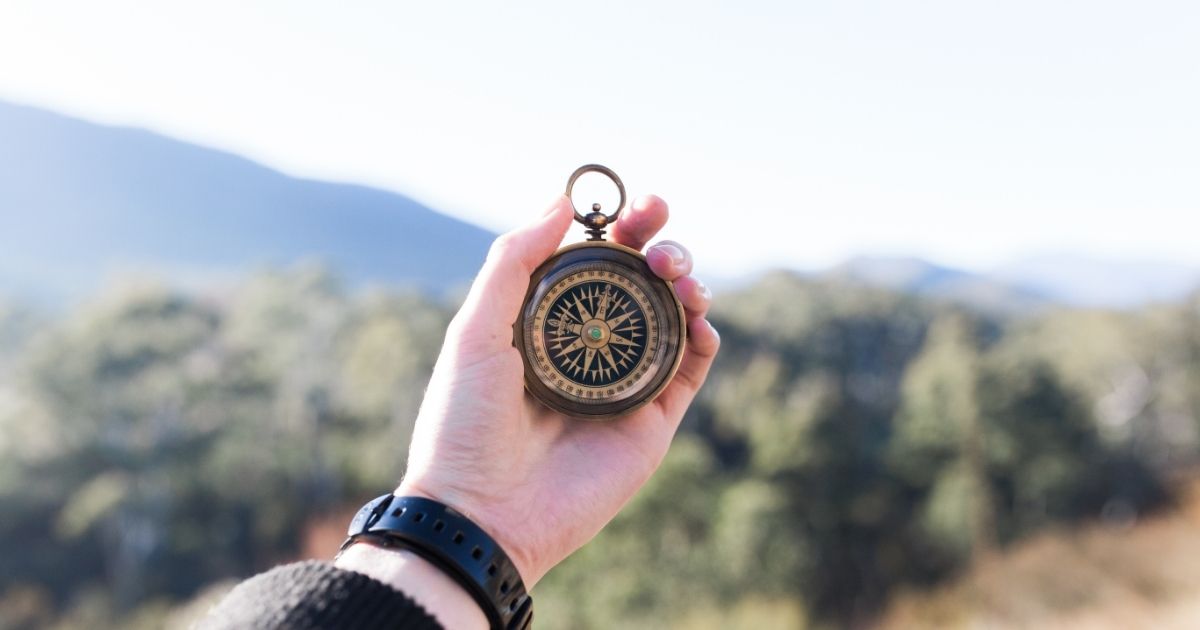
Cultural Respect and Sensitivity – Travel the World
Practicing cultural respect and sensitivity is essential for meaningful and responsible travel. First, understanding local customs, traditions, and social norms helps you interact appropriately and avoid unintentional offense. Similarly, learning basic etiquette, such as greetings, dress codes, or tipping practices, shows respect and fosters positive interactions with locals.
Moreover, approaching different cultures with an open mind encourages learning and personal growth. By observing and appreciating diverse practices, you expand your worldview and develop empathy. Consequently, respectful behavior enhances your experiences, allowing you to connect more deeply with both people and places.
In addition, being mindful of cultural sensitivities affects how you document and share your travels. Asking permission before taking photos, avoiding intrusive behavior, and acknowledging sacred sites demonstrates consideration. Furthermore, educating yourself about historical or political contexts ensures that your actions align with local values and expectations.
Another important strategy is active listening and humility. Engaging in conversations with genuine curiosity while avoiding assumptions or judgments fosters mutual respect. Therefore, travelers build trust, encourage authentic exchanges, and leave a positive impression on the communities they visit.
Ultimately, cultural respect and sensitivity transform travel into a meaningful and responsible journey. By learning, observing, and engaging with awareness, you cultivate understanding and create enriching experiences. Consequently, your interactions become more authentic, memorable, and impactful, allowing both you and the communities you visit to benefit from thoughtful, respectful exploration.
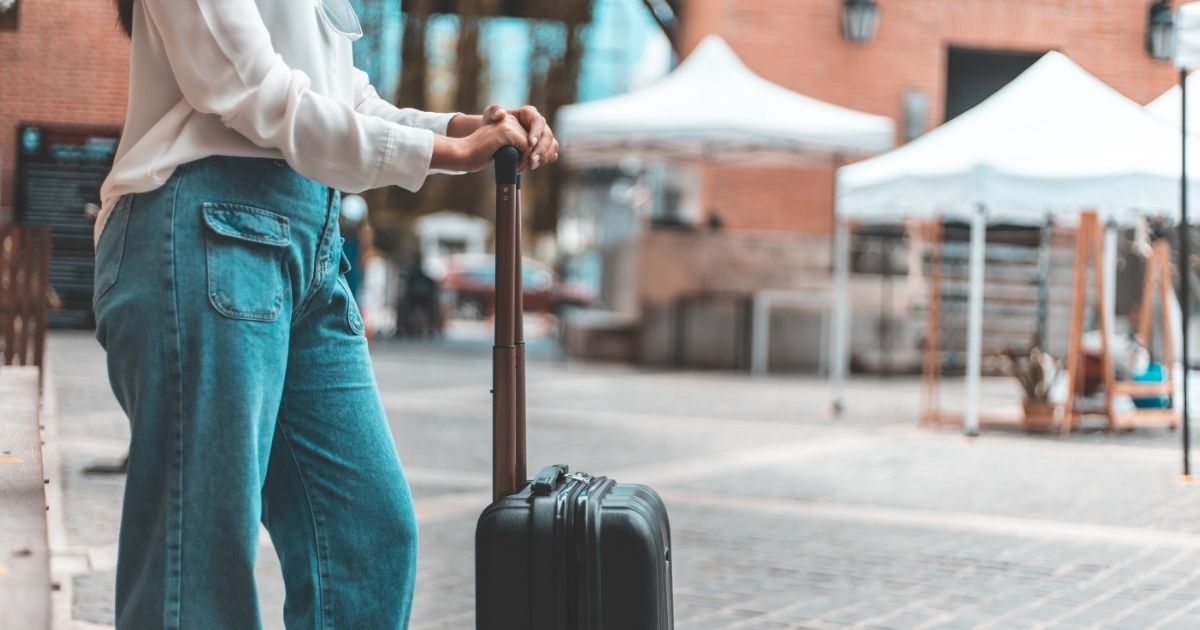
Digital and Practical Essentials – Travel the World
Visas and Documentation
Managing visas and documentation is a crucial step for smooth international travel. First, researching visa requirements for each destination ensures that you meet legal entry conditions and avoid unnecessary delays. Similarly, understanding the application process, fees, and processing times allows you to plan ahead and stay organized.
Moreover, keeping important documents secure while traveling protects you from potential complications. Passports, visas, travel insurance papers, and copies of identification should be stored safely and backed up digitally. Consequently, having organized and accessible documentation reduces stress and allows you to focus on your journey.
In addition, understanding local regulations and entry rules helps prevent misunderstandings. Some countries require proof of onward travel, vaccinations, or sufficient funds. Furthermore, being aware of these requirements allows you to comply fully and avoid last-minute issues at borders or checkpoints.
Another effective strategy is to prepare for emergencies. Carrying additional copies of critical documents, storing them separately from the originals, and knowing how to contact your embassy or consulate ensures you can resolve problems efficiently. Therefore, proactive planning increases your safety and confidence while traveling abroad.
Ultimately, managing visas and documentation transforms potential travel obstacles into manageable steps. By researching requirements, securing documents, and preparing for emergencies, you create a foundation for smooth and worry-free exploration. Consequently, careful attention to visas and documentation allows you to focus on experiences, cultural immersion, and personal growth throughout your world journey.
Read also – Bora Bora French Polynesia – Unveiling the Paradise in the Pacific
Staying Connected Online – Travel the World
Staying connected online is essential for modern travelers seeking convenience, safety, and communication. First, reliable internet access allows you to navigate unfamiliar locations, access maps, and research destinations efficiently. Similarly, maintaining connectivity enables easy communication with friends, family, and fellow travelers, providing reassurance and support while abroad.
Moreover, using online platforms helps you stay informed about local events, transportation updates, and travel advisories. Consequently, you can make timely decisions and avoid unnecessary disruptions during your journey. Many travelers also rely on messaging apps, social media, and email to coordinate plans, book accommodations, and share experiences in real time.
In addition, securing online connections responsibly is crucial. Using VPNs, secure passwords, and encrypted networks protects personal information and financial data from potential cyber threats. Furthermore, backing up important documents and travel information digitally ensures access even if physical copies are lost or misplaced.
Another strategy is leveraging technology to enhance cultural immersion. Online language tools, translation apps, and digital guides assist in communicating and understanding local customs, enriching your travel experience. Therefore, using these tools thoughtfully balances connectivity with authentic engagement in the destinations you visit.
Ultimately, staying connected online transforms travel into a more organized, safe, and enriching experience. By combining reliable access, responsible security practices, and practical tools, you maintain essential links to information and people. Consequently, your journey becomes smoother, more confident, and fully supported, allowing you to focus on exploration, learning, and meaningful experiences around the world.
Packing Smart – Travel the World
Packing smart is essential for a comfortable and efficient world travel experience. First, planning your luggage according to the climate, activities, and duration of your trip ensures you carry only what is necessary. Similarly, selecting versatile clothing that can be layered or mixed and matched reduces bulk while maintaining practicality.
Moreover, organizing items strategically improves accessibility and convenience. Using packing cubes, labeled compartments, and protective cases for electronics allows you to find essentials quickly and prevents damage. Consequently, efficient packing saves time and reduces stress during transit and daily travel activities.
In addition, prioritizing lightweight and multi-purpose items helps you stay mobile and flexible. For example, clothing that dries quickly, collapsible bags, and compact toiletries maximize space while maintaining functionality. Furthermore, limiting nonessential items encourages minimalism, allowing you to focus on experiences rather than possessions.
Another important consideration is preparing for security and customs requirements. Keeping important documents, medications, and valuables easily accessible while following airline regulations ensures a smoother journey. Therefore, thoughtful packing balances convenience, safety, and compliance with travel rules.
Ultimately, packing smart transforms a potentially stressful task into a manageable and purposeful process. By planning, organizing, and prioritizing items thoughtfully, you create a more comfortable, flexible, and efficient travel experience. Consequently, smart packing allows you to focus on exploration, cultural immersion, and personal growth without being weighed down by unnecessary baggage.
Read also – Best Resorts in Maldives – Discover the Pinnacle of Luxury
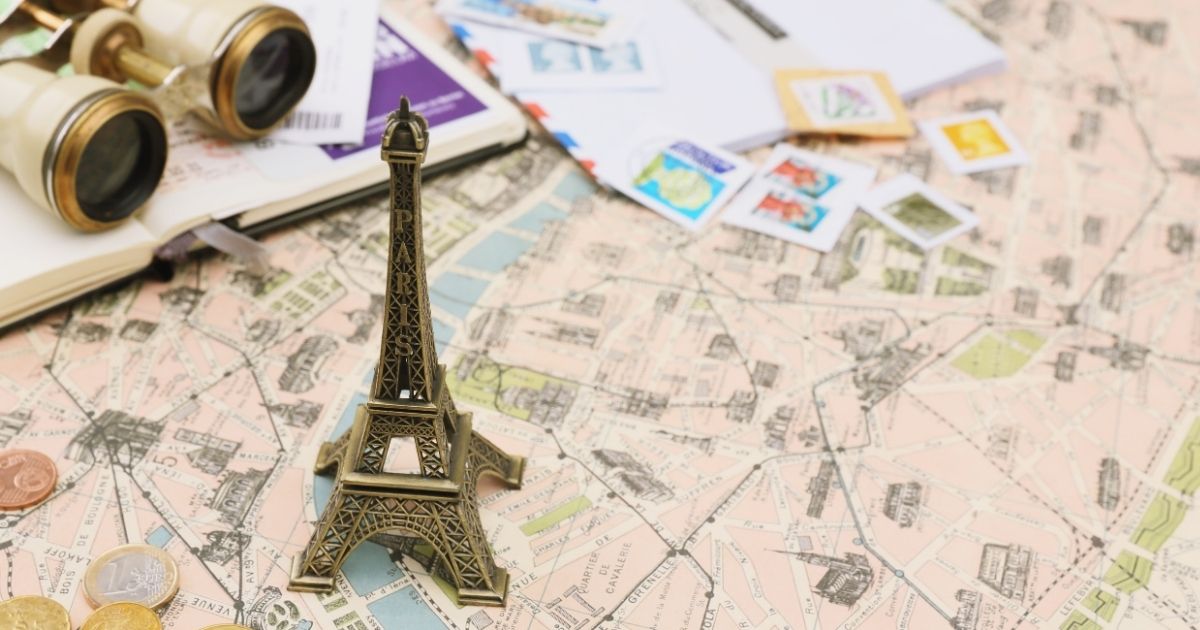
Overcoming Challenges of World Travel – Travel the World
Homesickness and Fatigue
Experiencing homesickness and fatigue is common during long-term travel, and managing these feelings is essential for well-being. First, acknowledging your emotions allows you to address them proactively rather than ignoring or suppressing them. Similarly, maintaining regular communication with friends and family provides emotional support and helps reduce feelings of isolation.
Moreover, establishing routines promotes stability and energy. Setting consistent sleep schedules, meal times, and daily activities prevents exhaustion and helps your body adapt to new environments. Consequently, routines improve physical and mental health while allowing you to enjoy travel experiences more fully.
In addition, balancing exploration with rest prevents burnout. Incorporating downtime, leisurely walks, or quiet moments for reflection ensures that your mind and body recover from the demands of travel. Furthermore, engaging in familiar activities, such as reading, journaling, or light exercise, provides comfort and familiarity in unfamiliar settings.
Another strategy is connecting with fellow travelers who understand the challenges of life on the road. Sharing experiences, tips, and encouragement fosters a sense of community and reduces feelings of homesickness. Therefore, seeking social support, whether locally or online, enhances resilience and well-being.
Ultimately, addressing homesickness and fatigue transforms travel challenges into opportunities for self-care and growth. By acknowledging emotions, maintaining routines, balancing activity with rest, and seeking support, you can navigate the ups and downs of long-term travel effectively. Consequently, managing these challenges ensures that your journey remains enjoyable, fulfilling, and sustainable, allowing you to fully embrace the adventure of exploring the world.
Budget Struggles – Travel the World
IBudget struggles are a common challenge for long-term travelers, and managing them effectively is key to a sustainable journey. First, tracking all expenses provides clarity on where your money goes and highlights areas for potential savings. Similarly, creating a realistic budget that accounts for accommodations, meals, transportation, and activities helps prevent overspending.
Moreover, prioritizing spending ensures that essential experiences are funded while nonessential purchases are minimized. Consequently, you maintain financial stability without sacrificing meaningful aspects of your travel. For instance, focusing on cultural experiences or local cuisine can provide more value than costly tourist attractions.
In addition, adopting flexible strategies can ease budget pressures. Seeking discounts, using loyalty programs, and traveling during off-peak seasons can significantly reduce costs. Furthermore, combining work and travel through remote jobs, freelancing, or volunteering helps generate income while exploring new destinations.
Another important approach is planning for emergencies. Unexpected expenses, such as medical issues or sudden travel changes, can strain your finances. Therefore, maintaining a small emergency fund ensures you are prepared without disrupting your planned budget.
Ultimately, addressing budget struggles transforms potential stress into opportunities for strategic planning and financial empowerment. By tracking expenses, prioritizing spending, adopting flexible strategies, and preparing for unforeseen costs, you create a sustainable approach to travel. Consequently, managing budget challenges effectively allows you to focus on exploration, cultural immersion, and personal growth, making your journey both enjoyable and financially responsible.
Read also – What time is it in Maldives
Unexpected Events
Unexpected events are an inevitable part of traveling, and preparing for them ensures a smoother journey. First, acknowledging that plans may change helps you approach challenges calmly and proactively. Similarly, maintaining a flexible itinerary allows you to adapt without stress when flights are delayed, weather disrupts activities, or accommodations fall through.
Moreover, having contingency plans reduces the impact of unforeseen circumstances. Booking refundable accommodations, carrying travel insurance, and keeping emergency contacts handy ensures you can respond quickly and effectively. Consequently, these measures minimize disruptions and provide peace of mind throughout your journey.
In addition, developing problem-solving skills is crucial for navigating unexpected situations. Assessing options, making informed decisions, and seeking local advice help you manage challenges efficiently. Furthermore, viewing obstacles as opportunities for learning and growth fosters resilience and adaptability, turning potential setbacks into valuable experiences.
Another effective strategy is maintaining essential resources. Carrying extra funds, important documents, and necessary medications ensures you are prepared for emergencies. Therefore, being proactive about supplies and information enables you to handle situations with confidence.
Ultimately, preparing for unexpected events transforms travel uncertainties into manageable experiences. By embracing flexibility, creating contingency plans, honing problem-solving skills, and maintaining essential resources, you can navigate challenges smoothly. Consequently, this approach allows you to focus on exploration, cultural immersion, and personal growth, making your world travel experience more rewarding, safe, and fulfilling.
Making Travel Sustainable – Travel the World
Eco-Conscious Travel Choices
Making eco-conscious travel choices helps minimize your environmental impact while promoting sustainable tourism. First, selecting public transportation, walking, or cycling instead of frequent flights reduces carbon emissions. Similarly, choosing eco-friendly accommodations, such as certified green hotels or sustainable hostels, supports responsible tourism practices.
Moreover, being mindful of resource consumption enhances sustainability. Limiting water and energy use, avoiding single-use plastics, and reducing waste contribute to preserving local ecosystems. Consequently, these small but consistent actions protect the environment and set a positive example for fellow travelers.
In addition, engaging with local conservation initiatives deepens your impact. Participating in beach cleanups, wildlife protection programs, or community projects allows you to contribute meaningfully while learning about environmental challenges firsthand. Furthermore, supporting local businesses that prioritize sustainability strengthens community economies and encourages environmentally responsible practices.
Another important strategy is informed decision-making. Researching destinations for eco-friendly options, understanding local environmental issues, and respecting protected areas ensures your travel choices align with sustainability goals. Therefore, conscious planning fosters responsible behavior that benefits both the environment and local communities.
Ultimately, eco-conscious travel choices transform tourism into a purposeful, responsible, and enriching experience. By reducing environmental impact, supporting sustainable businesses, and engaging in conservation efforts, you contribute positively to the world you explore. Consequently, adopting these practices allows you to travel mindfully, protect the planet, and create a lasting legacy of responsible adventure.
Read also – Taste Of The Caribbean – Flavorful Journey Through Paradise
Supporting Local Communities
Supporting local communities enhances your travel experience while contributing positively to the places you visit. First, choosing locally-owned accommodations, restaurants, and shops ensures that your spending benefits residents directly. Similarly, purchasing handmade crafts or locally-produced goods supports small businesses and preserves cultural traditions.
Moreover, participating in community-based tourism initiatives fosters meaningful connections. Volunteering, attending workshops, or joining cultural programs allows travelers to engage authentically while contributing to local development. Consequently, these interactions provide enriching experiences while promoting sustainable livelihoods.
In addition, respecting local practices and traditions reinforces positive impacts. Being mindful of customs, social norms, and environmental considerations demonstrates respect and strengthens relationships with residents. Furthermore, sharing knowledge and experiences with locals in mutually beneficial ways encourages cultural exchange and understanding.
Another effective approach is prioritizing responsible tour operators. Choosing companies that hire local guides, maintain ethical standards, and support community projects ensures that your travel contributes to long-term social and economic benefits. Therefore, informed decision-making amplifies your positive influence on the communities you encounter.
Ultimately, supporting local communities transforms travel into a purposeful and responsible journey. By spending consciously, participating in cultural activities, and choosing ethical providers, you create meaningful benefits for residents while enriching your own experiences. Consequently, your travel becomes more impactful, sustainable, and memorable, leaving a positive legacy in the places you explore.
Read also – The Weddell Sea Antarctic Peninsula
Reducing Your Footprint – Travel the World
Reducing your footprint while traveling ensures that your adventures remain sustainable and responsible. First, making conscious choices about transportation, such as using trains, buses, or bicycles instead of frequent flights, lowers your carbon emissions. Similarly, minimizing energy and water use in accommodations contributes to preserving local resources.
Moreover, adopting mindful consumption habits enhances sustainability. Bringing reusable bottles, utensils, and bags, as well as avoiding single-use plastics, reduces waste significantly. Consequently, these small but consistent actions help protect the environment for both locals and future travelers.
In addition, supporting eco-friendly initiatives strengthens positive impact. Choosing accommodations with green certifications, participating in conservation programs, or volunteering with local environmental organizations helps preserve natural landscapes and wildlife. Furthermore, spreading awareness and encouraging fellow travelers to adopt similar practices amplifies your influence.
Another important strategy is respecting protected areas and wildlife. Following guidelines in national parks, avoiding littering, and refraining from disturbing animals ensures that ecosystems remain balanced and resilient. Therefore, conscious behavior safeguards the environment while allowing you to enjoy its beauty responsibly.
Ultimately, reducing your footprint transforms travel into a mindful and responsible adventure. By making thoughtful choices, supporting sustainable practices, and respecting natural spaces, you contribute to the preservation of the world you explore. Consequently, your journeys become not only memorable and enriching but also beneficial to the planet and the communities that call it home.
Read also – Niihau Shells – Best And Unique Jewelry
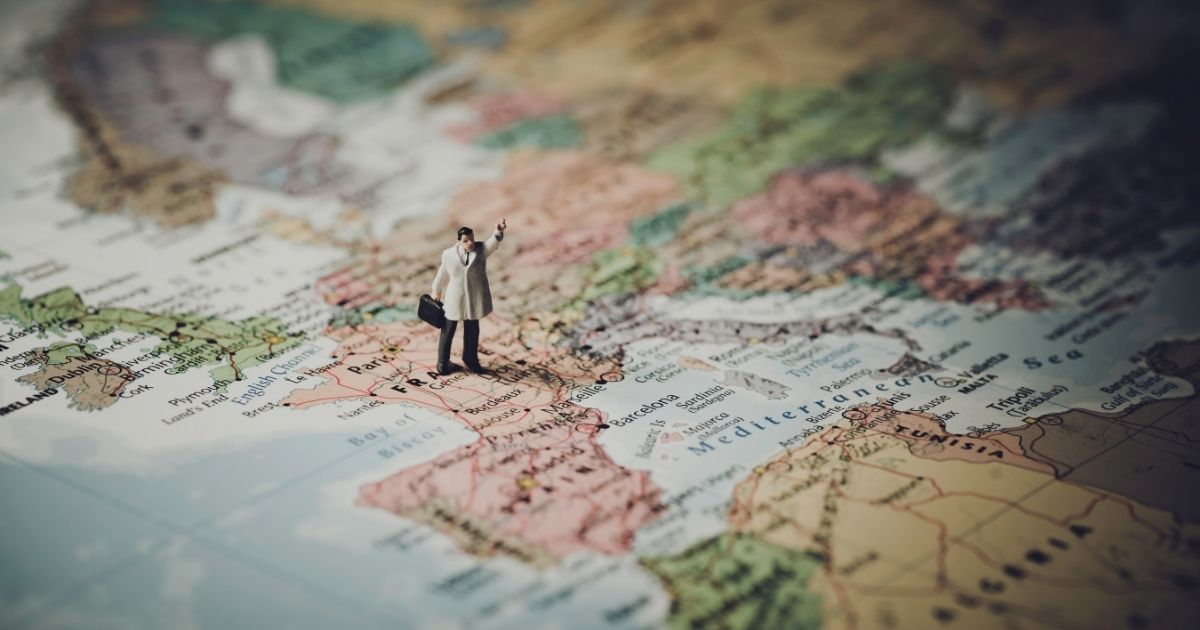
Returning Home After Traveling the World
Reverse Culture Shock
Experiencing reverse culture shock is a common part of returning home after extended travel. First, recognizing that feelings of disorientation, frustration, or nostalgia are normal helps you address them proactively. Similarly, understanding that your perspective has changed allows you to approach familiar environments with patience and self-compassion.
Moreover, maintaining connections with travel companions and the international community can ease the transition. Sharing experiences, photos, and stories helps preserve the sense of adventure while providing emotional support. Consequently, these interactions reduce feelings of isolation and reinforce the value of your journey.
In addition, integrating travel lessons into daily life fosters a smoother adjustment. Applying new skills, cultural insights, and perspectives to work, hobbies, or social interactions allows you to continue benefiting from your experiences. Furthermore, engaging in reflective practices, such as journaling or creative projects, provides clarity and emotional processing.
Another strategy is embracing gradual reintegration. Instead of rushing into previous routines, allowing yourself time to adapt to familiar surroundings, responsibilities, and social norms ensures a healthier adjustment. Therefore, pacing the reintegration process reduces stress and enhances overall well-being.
Ultimately, navigating reverse culture shock transforms the return home into an opportunity for growth. By acknowledging emotions, maintaining connections, applying travel insights, and reintegrating gradually, you can preserve the benefits of your adventures. Consequently, this approach allows you to carry forward the lessons, memories, and inspiration gained from exploring the world, making your travel experiences a lasting part of your life.
Integrating New Perspectives – Travel the World
Integrating new perspectives gained from travel enhances personal growth and enriches everyday life. First, reflecting on experiences helps you identify lessons learned and insights acquired from diverse cultures, environments, and interactions. Similarly, considering how these lessons can influence your decisions, habits, and worldview fosters meaningful change.
Moreover, sharing your experiences with friends, family, or colleagues encourages dialogue and broader understanding. Consequently, your travel insights not only benefit you but also inspire others to appreciate different perspectives and cultures.
In addition, applying new perspectives in daily routines strengthens adaptability and empathy. Engaging with unfamiliar ideas, trying different approaches to problem-solving, and embracing diversity in thought enhance personal development. Furthermore, this openness promotes better communication, collaboration, and cultural sensitivity in both professional and personal settings.
Another strategy is setting goals to maintain the growth achieved through travel. Whether it involves learning a language, practicing sustainable habits, or pursuing international opportunities, intentional actions integrate travel experiences into your ongoing life. Therefore, purposeful application ensures that lessons from your journey have lasting impact.
Ultimately, integrating new perspectives transforms travel into more than a temporary adventure. By reflecting, sharing, applying, and setting goals, you internalize experiences that broaden your understanding and enrich your worldview. Consequently, your journey becomes a continuous process of growth, connection, and inspiration, allowing the benefits of exploration to extend far beyond the trip itself.
Read also – Where are the Maldives – All you need to know
Continuing the Journey at Home – Travel the World
Continuing the journey at home allows travelers to carry the lessons and experiences gained abroad into daily life. First, maintaining routines inspired by travel, such as exploring local culture, cooking international dishes, or practicing sustainable habits, keeps the sense of adventure alive. Similarly, staying connected with travel companions or local communities abroad helps preserve meaningful relationships and cultural insights.
Moreover, reflecting regularly on experiences fosters personal growth and understanding. Journaling, photography, or creative projects allow you to process memories, identify lessons learned, and integrate new perspectives into your daily mindset. Consequently, reflection strengthens the impact of your travels and ensures that insights are not lost over time.
In addition, sharing your experiences with others contributes to cultural exchange at home. Hosting presentations, writing blogs, or simply discussing stories with friends encourages appreciation for global diversity and inspires curiosity. Furthermore, engaging with local events, workshops, or volunteer opportunities nurtures continued exploration and connection, even without leaving your community.
Another effective approach is setting goals inspired by travel experiences. Whether learning a new language, practicing mindful living, or pursuing further international opportunities, intentional actions help sustain the growth achieved while traveling. Therefore, these steps create continuity between travel experiences and everyday life, enhancing personal development.
Ultimately, continuing the journey at home transforms travel from a temporary adventure into a lasting lifestyle. By maintaining routines, reflecting, sharing insights, and pursuing meaningful goals, you extend the benefits of exploration and cultural immersion. Consequently, your journey becomes an ongoing process of growth, connection, and inspiration, ensuring that the spirit of travel remains a vibrant part of your life long after returning home.
Read also – Cape Town South Africa – Best places you need to visit
Conclusion
Traveling the world offers more than sightseeing – it provides opportunities for personal growth, cultural immersion, and meaningful connections. First, planning thoughtfully, from budgeting and accommodations to visas and health precautions, lays the foundation for a smooth and fulfilling journey. Similarly, engaging with local communities, meeting other travelers, and embracing cultural sensitivity enrich your experiences while promoting responsible travel.
Moreover, staying active, maintaining mental and physical health, and practicing eco-conscious habits ensures a sustainable and enjoyable adventure. Consequently, these strategies enhance both well-being and the quality of your exploration, allowing you to fully appreciate each destination.
In addition, reflecting on experiences, integrating new perspectives, and continuing the journey at home extends the benefits of travel beyond the trip itself. Furthermore, addressing challenges such as budget struggles, unexpected events, or homesickness fosters resilience and adaptability, making you a more confident and mindful traveler.
Another key takeaway is the importance of balance. Combining adventure with safety, spontaneity with planning, and cultural curiosity with respect ensures that your travels remain rewarding, responsible, and memorable. Therefore, thoughtful choices in all aspects of your journey maximize both enjoyment and impact.
Ultimately, traveling the world is a transformative experience that shapes how you see yourself and the world around you. By approaching your journey with preparation, openness, and mindfulness, every step becomes an opportunity for learning, growth, and connection. Consequently, the experiences, lessons, and memories you gain create a lasting legacy, allowing the spirit of exploration to continue influencing your life long after you return home.




[…] also – Travel the World: A Complete […]